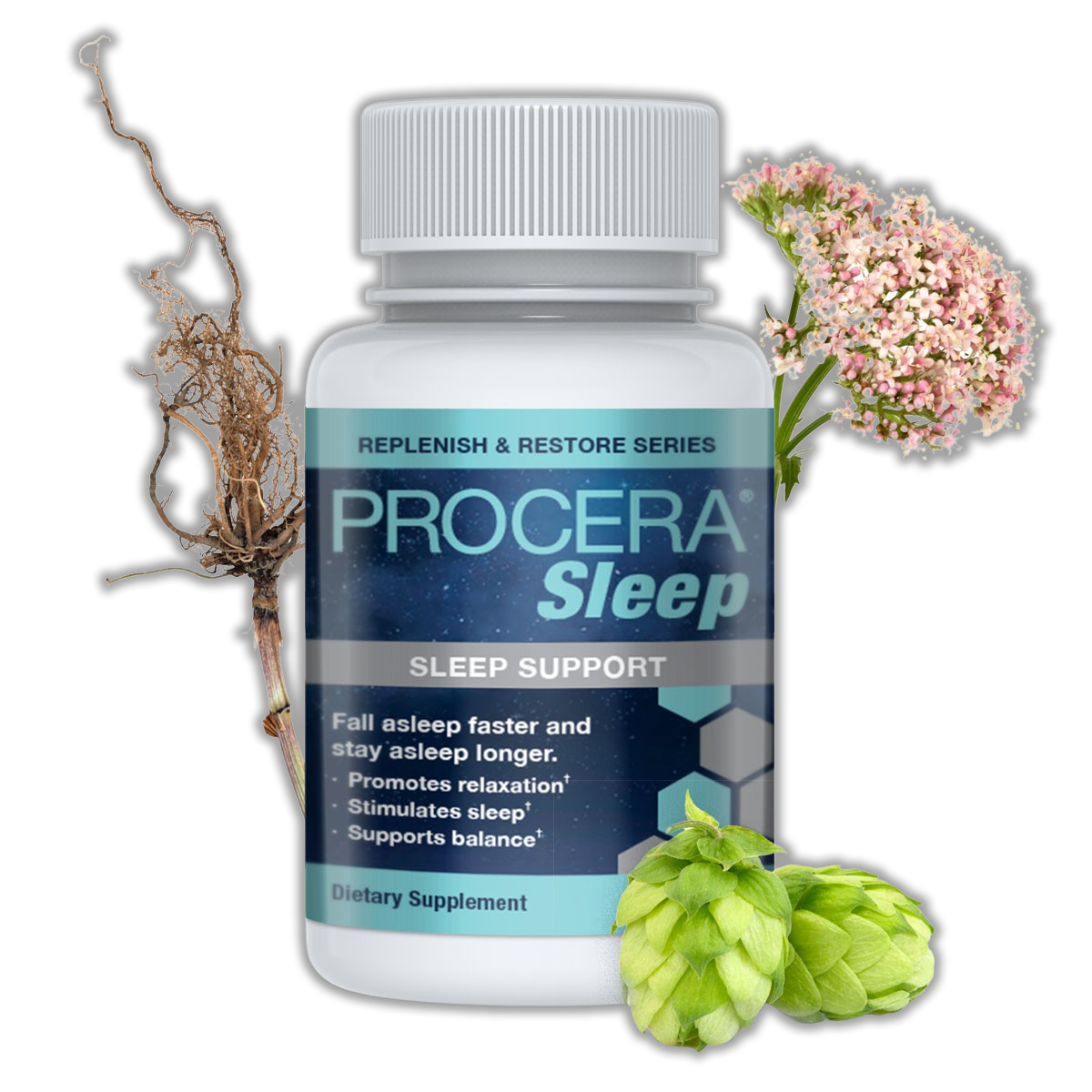
More than a year has passed since the COVID-19 pandemic began, and the long-term impact of the virus on health & wellness continues to confuse doctors and scientists. Particularly concerning for doctors and patients alike are lingering side effects, such as memory loss, reduced attention and an inability to think straight. During these uncertain times, your mental well-being is more important than ever!
What was once thought to be primarily a respiratory illness, COVID-19 has proven to be a formidable foe for the brain as well. While most people recover from the virus within a few weeks, some simply do not. Even months after being infected and getting over the initial symptoms, many people have reported ongoing problems with memory, fatigue, brain fog, inability to concentrate and processing information, which are collectively referred to as “long-haulers”.
According to Dr. Rachel Zabner, Co-Director of Cedars-Sinai "Plenty of patients get COVID-19, recover well and then a month or two later develop cognitive symptoms, such as slow thinking, difficulty concentrating and fatigue.”
These long haulers represent approximately 10% of those who were ill with COVID-19. Many of them were never hospitalized nor in high-risk categories for complications from the virus.
Research into the underlying mechanisms of the persistent and disruptive neurological symptoms is ongoing and will likely continue for years to come. However, there already are some strong theories about what may be causing brain dysfunction from COVID-19, and the possible links to an increased risk of brain health issues in the future.
What Exactly Is Brain Fog?
“Brain fog,” while not a medical condition on its own, refers to a group of symptoms such as trouble with memory, inability to concentrate, difficulty processing information, fatigue, and scattered thoughts. Many factors, including nutrient deficiencies or inadequacies, may contribute to brain fog symptoms. When brain fog is caused by low or deficient levels of vitamins, minerals, and other nutrients, supplementation can make a big difference.
How Does COVID-19 Impact Brain Cells?
One of the most striking hypotheses described in a research article in the journal Alzheimer’s and Dementia is that SARS-CoV-2, the coronavirus that causes COVID-19, can directly infect the tissues of the central nervous system, which includes the brain, spinal cord, and nerves. Since the virus is airborne, it can be inhaled via the nose and enter the brain through the olfactory nerve. This nerve gives us our sense of smell, and anosmia—the loss of ability to smell—is often one of the first symptoms of COVID infection.
Concerns About Inflammation
Another significant concern about the long-term implications of COVID-19’s impact on the brain is the degree of inflammation it can cause. Because it is a new virus that no one had exposure to prior to 2019, humans had no defenses against it. And given its aggressive nature and potential lethality, once a person is infected with it, the immune system goes all out on the attack to fight it. Through complex mechanisms, this results in increased inflammation as the immune system tries to defeat the invading virus. However, a consequence of this process is that, in an effort to protect the brain, the high level of inflammation can actually cause damage to the function of brain cells, including ones involved in memory. Other possible causes of damage to the brain from COVID-19 include damage to the blood brain barrier.
8 Ways To Look After Your Health
Whether you have had COVID or not, now is the time to look after your brain and immune system. Here are 8 ways to beat brain fog and decrease inflammation in your body:
1. Increase levels of Vitamin D - necessary for immune system function, brain health, and more. Vitamin D can be found in many of Procera's products including Procera Protect.
2. Include Probiotics in your diet - through foods (yogurt, sauerkraut, etc…) and supplements such as Procera Probiotic Immune Support.
3. Manage stress - practice stress management with mindfulness, meditation, or prayer and add L Theanine to your supplement regime. Studies show that it may reduce brain fog symptoms such as memory problems and delayed reaction time when taken as a supplement. L Theanine is a key ingredient in Procera Mood & Procera Sleep.
4. Boost your Omega-3 intake - eat more cold-water fish, such as salmon, mackerel, tuna, and herring, and/or add fish oil supplements to your diet.
5. Don’t forget the Magnesium - an essential mineral found in beans, seeds and spinach, Magnesium is necessary for many body functions, such as enzymatic reactions, energy production, nerve function and blood pressure regulation.
6. Stay away or limit - alcohol, sugar and refined grains, processed meats, and trans-fats (anything with partially hydrogenated or vegetable shortening on the label).
7. Take care of your gums - periodontal (gum) disease can increase inflammation, so be sure to brush your teeth twice a day and floss daily.
8. Exercise Daily - engage in some form of exercise every day, but don’t overdo it, because that can actually increase inflammation.








.png?width=1350&name=Procera%20Logo%20W%20Tagline%20White%20(3).png)
Comments
Add Comment